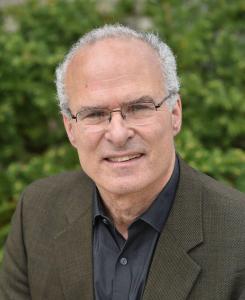The Accessibility Shift: Transforming Urban Transportation and Land-Use Planning
UC ITS Statewide Transportation Research Program (STRP)
University of California Institute of Transportation Studies' Resilient and Innovative Mobility Initiative (RIMI)
NSF Smart and Connected Communities Project (NSF S&CC)
ITS Graduate Student Association

Urban and Regional Planning
University of Michigan Ann Arbor
While the concept of accessibility has been around for over a century, this lecture will argue for a shift from mobility to accessibility as the foundation of transportation and land-use planning. This "accessibility shift":
● is compelled by the very purpose of transportation;
● would be transformative in planning practice; but
● is impeded by a number of misconceptions about its nature.
The accessibility shift will be considered in light of another reformist approach, which has been recently pioneered in California: the focus on vehicle-miles traveled, as opposed to highway level of service, in gauging the environmental impact of transportation and land-use decisions.
Jonathan Levine is a professor of urban and regional planning at the University of Michigan’s Taubman College of Architecture and Urban Planning, which he joined in 1991. He teaches in the areas of transportation, land use, economics of planning, and research design. His research centers on the potential and rationales for policy reform in transportation and land use. His current work, focusing on the transformation of the transportation and land-use planning paradigm from a mobility to an accessibility basis.